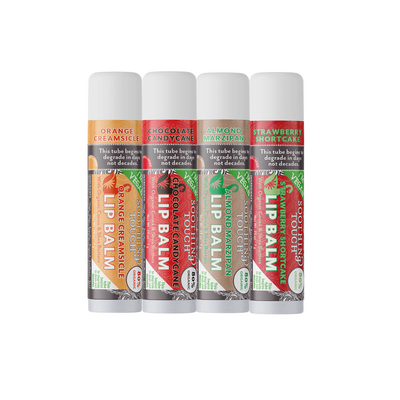How Allergic Reactions Affect The Skin—And What you Can Do to Minimize Permanent Skin Cell Damage
A young woman was lying near a box of wildflowers in Jalama Beach, California, United States of America. Tanning directly under direct sunlight.
With melancholia changes around the horizon, someone may have noticed they accept lots of dark crimson tones. And dry skin patches, or spots and looks more puffier than typical.
Your irritated skin speaks volumes, and melancholia allergy symptoms are likely to blame. Besides excessive sneezing and or sometimes itchy running noses, a temperature dip or pollen increase can wreak calamity on your sinuses and allergies.
We talked to skin physicians about seasonal allergies. And how to treat hypersensitive reactions triggered by inner skin layer infections. This way, you can accept one less worry: different allergic responses when the season rolls around.
An allergic reaction is our body's acknowledgment of a foreign actuality inside the ambiance, i.e., pet acrimony, grime mites, and pollen, and it's innocent of overshadowing others. Your system reacts to these elements, or allergens, by producing antibodies, which can be proteins that create antibodies to combat the overseas substance.
The reaction again releases histamine, which may cause inflammation to your sinuses, airways, digestive system, and skin, explains beauty nurse Kristina Kitsos. Dr. Purvi Parikh, MD, a pediatric allergist physician, stated a person with allergic reactions & bronchial asthma network individuals suffers from melancholia allergy symptoms. They may see their epidermis barrier function impacted from eczema and hives to a somewhat puffy, inflamed, Crimson complexion.
Allergic dermatitis, or alien pink, itchy epidermis, happens when your skin is subject to an allergen. Here, referred to as a type IV, delayed-class reaction, and sometimes does not happen with the first exposure to the allergen, however reasonably, with repeat contact, says Whitney Tolpinrud, MD, lath-certified dermatologist. The immune equipment produces an anarchic response and releases histamine, which causes claret to rush into your dermis. And outcomes in signs like bloom, baking, swelling, hives, and continued itching.
As with any allergic reaction, the most suitable approach is to stay away from it to try to avoid the allergen. If you know an undeniable fragrance triggers reactions, switch to perfume and dye-charge less products. If it's a specific dust mite or door pollen, that can restrict your time spent in those areas, says Dr. Goldstein.
If avoidance is possible, its back reparative skin care comes into play. In addition, to contemporary steroid lotions, i.e., hydrocortisone for rubbing directly on the skin. Dr. Tolpinrud recommends simple skincare applications along with effective creams and lotions.
You strengthen your skin barrier using mild cleansers, hydrating ceramides, and analgesic lotions. Remember, the goal is to restore the skin cells. On notably aggravated areas like the eyelids, apply a thin layer of undeniable Vaseline at nighttime, she says. Avoid anything with essential oils or fragrances, which may cause extra irritation.
Kitsos adds that if you're experiencing epidermis infection or irritation led to by allergy symptoms, you should quit using products with retinoids and acids, like AHAs and BHAs, which could cause extra bloom, binding, and inflammation.
The surest technique to stop the spread of an allergy-precipitated skincare blemish is evading scratching concerning costs. The dermis protects our bodies from environmental components while preserving moisture and protecting us.
If you happen to be scratching constantly, it damages the dermis barrier and allows microorganisms and other bacilli to invade and trigger an infection, says Dr. Tolpinrud. Follow a fab abbreviate on the afflicted area for extreme redness and itching to limit symptoms.
And if domestic remedies are not working, consider scheduling a discussion with your medical professional for an allergy patch. Check if you would like an update or immunotherapy allergy photos.









Leave a comment